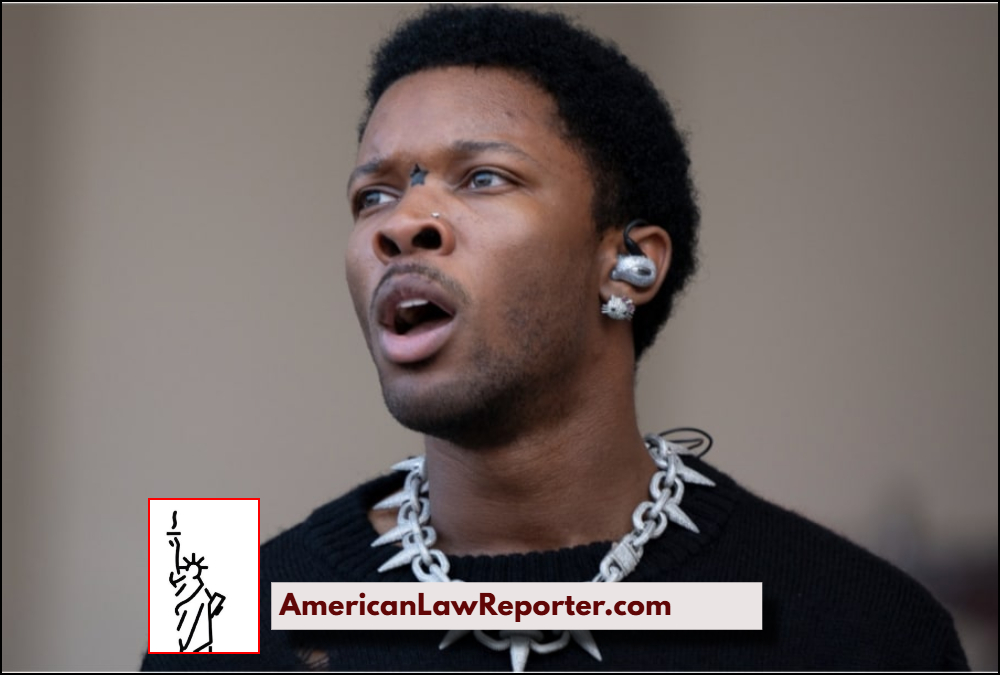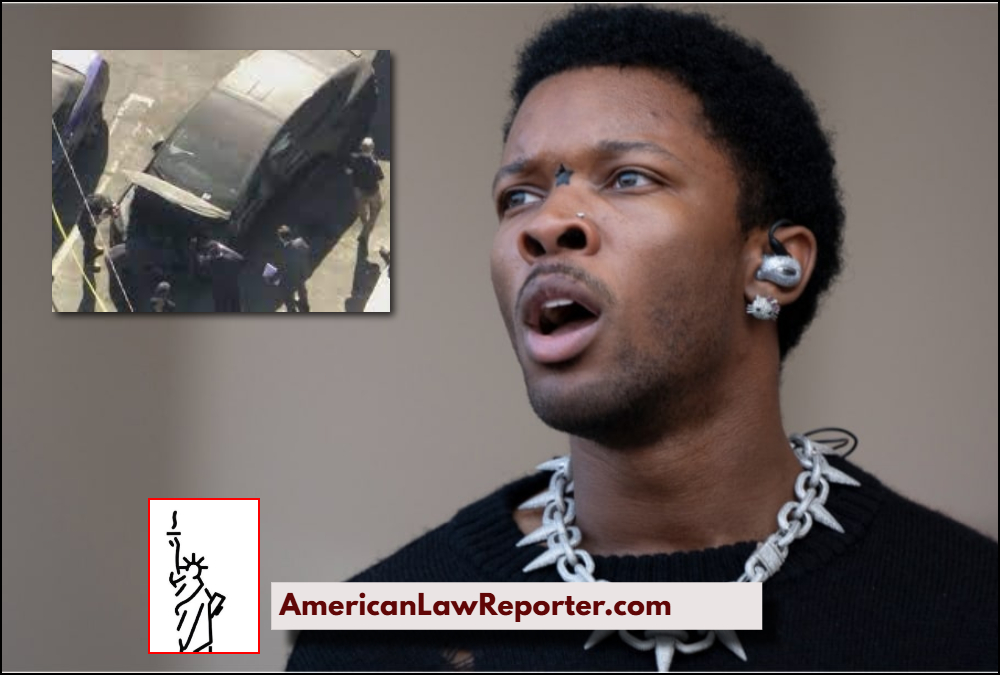The discovery of a decomposing body inside a Tesla registered to singer D4vd (real name David Anthony Burke) has sparked a wide-ranging death investigation and raised questions about potential criminal liability for registered vehicle owners when serious crimes intersect with their property.
On September 8, 2025, Los Angeles police uncovered human remains concealed in the front trunk (“frunk”) of a 2023 Tesla Model 3 belonging to the 20-year-old recording artist. The vehicle, impounded after being abandoned in the Hollywood Hills several days earlier, was towed to Hollywood Tow, where employees noticed a foul odor. When LAPD officers inspected the car, they found a body inside a bag, already in an advanced state of decomposition.
The Los Angeles County Medical Examiner’s Office has not yet identified the remains or determined the cause of death. The LAPD confirmed the case is being handled as a death investigation pending forensic testing and autopsy results.

At the time of discovery, D4vd was on tour, performing in Wisconsin on September 7 and scheduled to appear in Minneapolis on September 9. He has not been publicly linked to the body beyond the car registration and currently faces no charges.
Legal Implications for Registered Vehicle Owners
While the facts remain under investigation, the case raises an important legal issue: what happens when a body is found in a car registered to someone who may have had no involvement in the death?
- Ownership vs. Possession
- The law distinguishes between the registered owner of a vehicle and the person in possession or control of it when a crime occurs. If the Tesla was stolen, loaned, or otherwise used without Burke’s knowledge, criminal liability may not attach to him. However, investigators will need to determine who last operated the car.
2. Constructive Possession and Knowledge
- Prosecutors would need to show that Burke had knowledge of the body’s presence and exercised control over the car to pursue charges such as abuse of a corpse or being an accessory after the fact. Without evidence of knowledge or intent, registration alone is insufficient for criminal culpability.
3. Chain of Custody and Forensic Evidence
- Forensic tests—including fingerprints, DNA, and cell phone location data—will be critical in establishing who placed the body in the car and when. If others had access, investigators will trace that access to rule out or implicate suspects.
4. Potential Civil Liability
- Even if no criminal liability attaches, civil lawsuits sometimes follow such discoveries. For example, if the vehicle was negligently secured or loaned to someone dangerous, plaintiffs could attempt to draw a connection in wrongful death or negligence claims, though such cases are rare and difficult to prove.
5. Public Perception and Reputational Risk
- For a public figure like D4vd, the legal presumption of innocence may be overshadowed by public scrutiny. Even absent charges, association with a violent crime scene can have lasting professional and financial implications.
Broader Legal Context
Cases involving bodies discovered in vehicles often lead to intense scrutiny of the registered owner. Courts generally require prosecutors to prove more than ownership—they must establish knowledge, control, or participation in the underlying crime. Precedent shows that innocent owners of stolen or borrowed cars are rarely charged unless additional evidence ties them directly to the act.
As one legal scholar explained in past commentary on similar cases, “Registration is a starting point, not an endpoint. Without evidence of intent or knowledge, the case against an owner cannot proceed criminally.”
Next Steps in the Investigation
- Autopsy & Toxicology Reports: These will determine the cause and manner of death, critical in shaping the investigation.
- Vehicle Forensics: Investigators will examine GPS logs, digital keys, and Tesla’s telemetry system to reconstruct the car’s movements.
- Witness Interviews: LAPD will likely interview D4vd and associates to establish whether he had knowledge of the vehicle’s condition before it was towed.
For now, Burke remains on tour, with an upcoming Los Angeles performance scheduled for September 18 at the Greek Theatre.
Authorities stress that no conclusions should be drawn until forensic results are complete.

